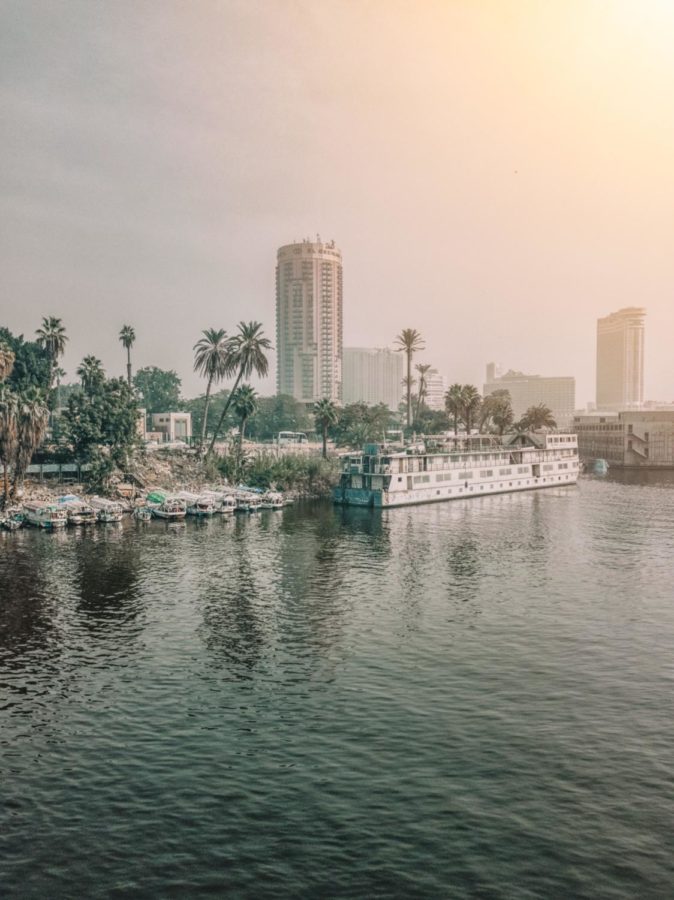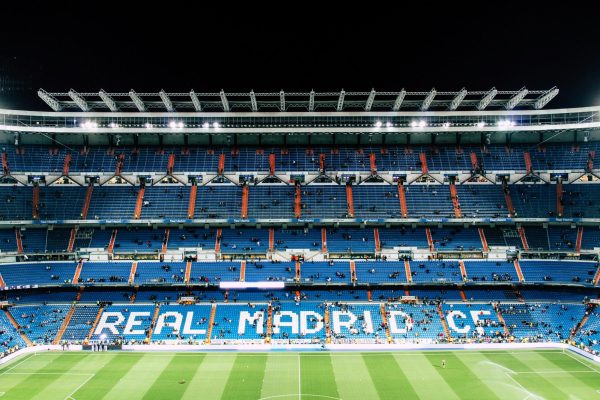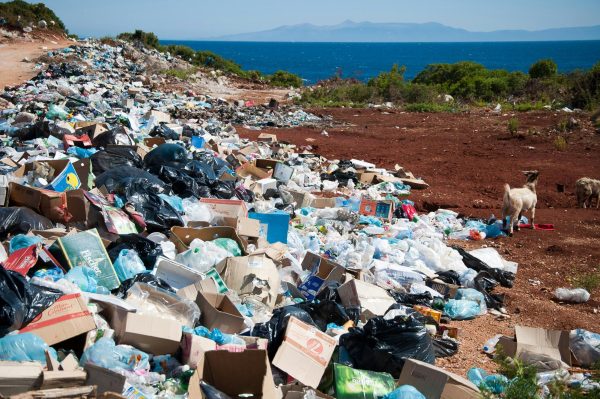The Water War
The ongoing dispute between Egypt and Ethiopia regarding the construction of the Great Ethiopian Renaissance Dam is one of the many conflicts plaguing the Nile dependent countries in the region.
Egypt worries that an upstream dam on the Blue Nile will reduce water supply and power generation at the Aswan High Dam.
“Without Sovereignty a nation ceases to exist as an independent political unit. Their territory and what they do within it is inviolable,” said Geography teacher Ruben Alanis.
Once the reservoir is filled, the Great Ethiopian Renaissance Dam will not directly consume water but may result in a significant increase of irrigation in Sudan which will diminish the amount of water Egypt receives.
“World leaders should find a better solution by sharing resources. Ethiopia damming the Nile river is inhumane and will only get worse with climate change in the years to come,” said US History teacher, Mary Reid.
Egypt and Ethiopia are arguably East Africa’s most consequential countries and their cooperation is essential for the region’s peace and stability. Their need for the Nile water is both mutual and urgent. But satisfying each party’s position is practically impossible considering the circumstances of the region. It is in their mutual interest, and that of their friends and allies, especially the United States, that they find a compromise.
“Ethiopia shouldn’t commandeer water until they deal with their own problems with overpopulation. Building a dam is not going to solve Ethiopia’s problems of overpopulation,” said Economics and Government teacher, Susan Howard.
About 95% of the country’s 102 million people live along the banks of the Nile and in the Nile Delta. If a water war were to happen, then it would cause hundreds of thousands of Egyptians to die, creating one of the biggest humanitarian crises in modern history.
In the future it will not be surprising if more nations have these resource disputes due to being scarce on basic human resources. If this water war were to happen, it could paint a very dark picture of what future warfare could look like in an overpopulated and polluted world.
Your donation will support the student journalists of Northbrook High School. Your contribution will allow us to purchase equipment and cover our annual website hosting costs.

Class of 2022
I like to run and hang out with friends.
I will be writing about world events and school related topics for the school newspaper.






![[OPINION] What the Media isn't Covering...](https://nhsnews.org/wp-content/uploads/2020/11/gian-cescon-N0g-deioHO4-unsplash-317x475.jpg)




